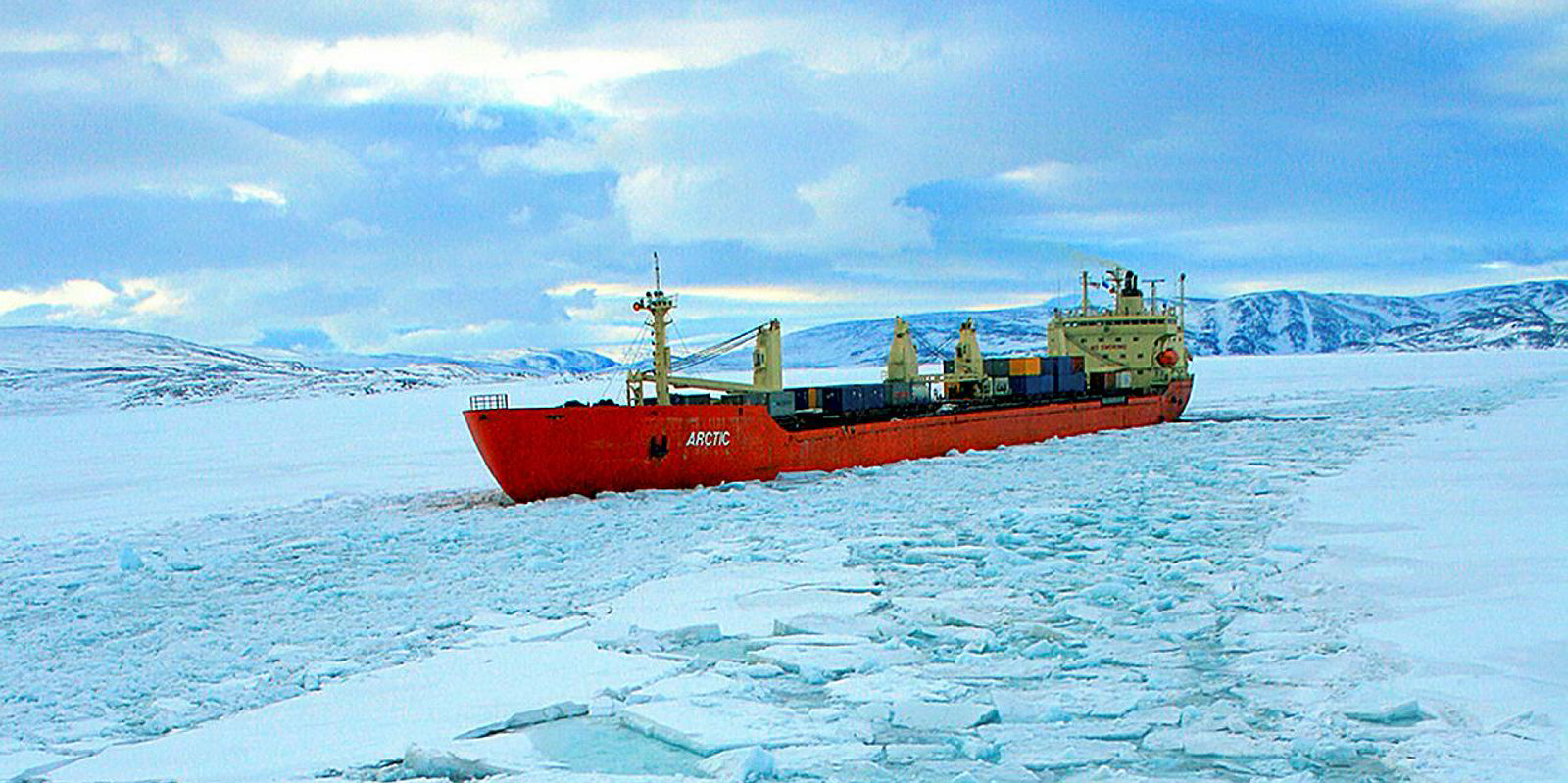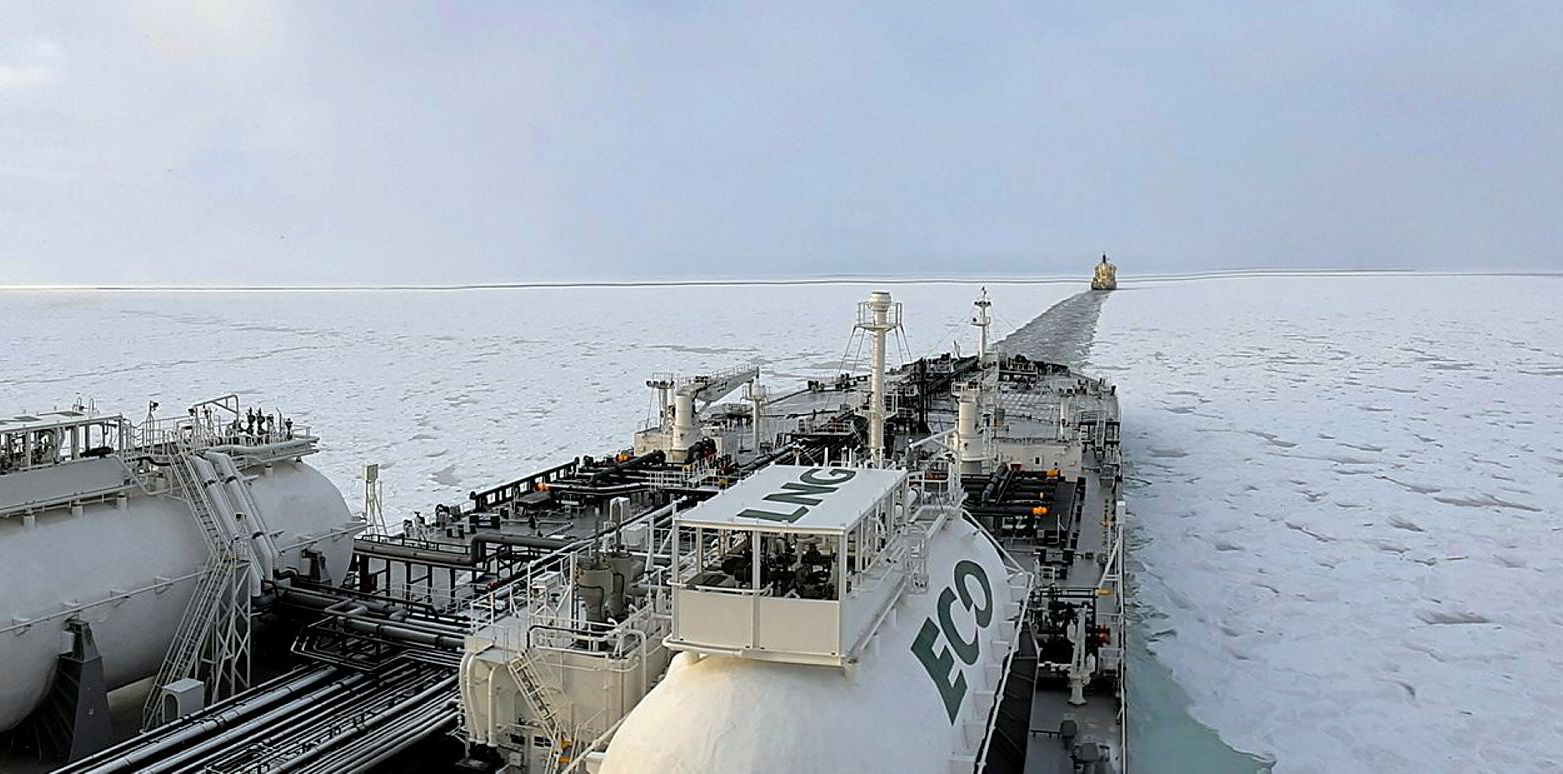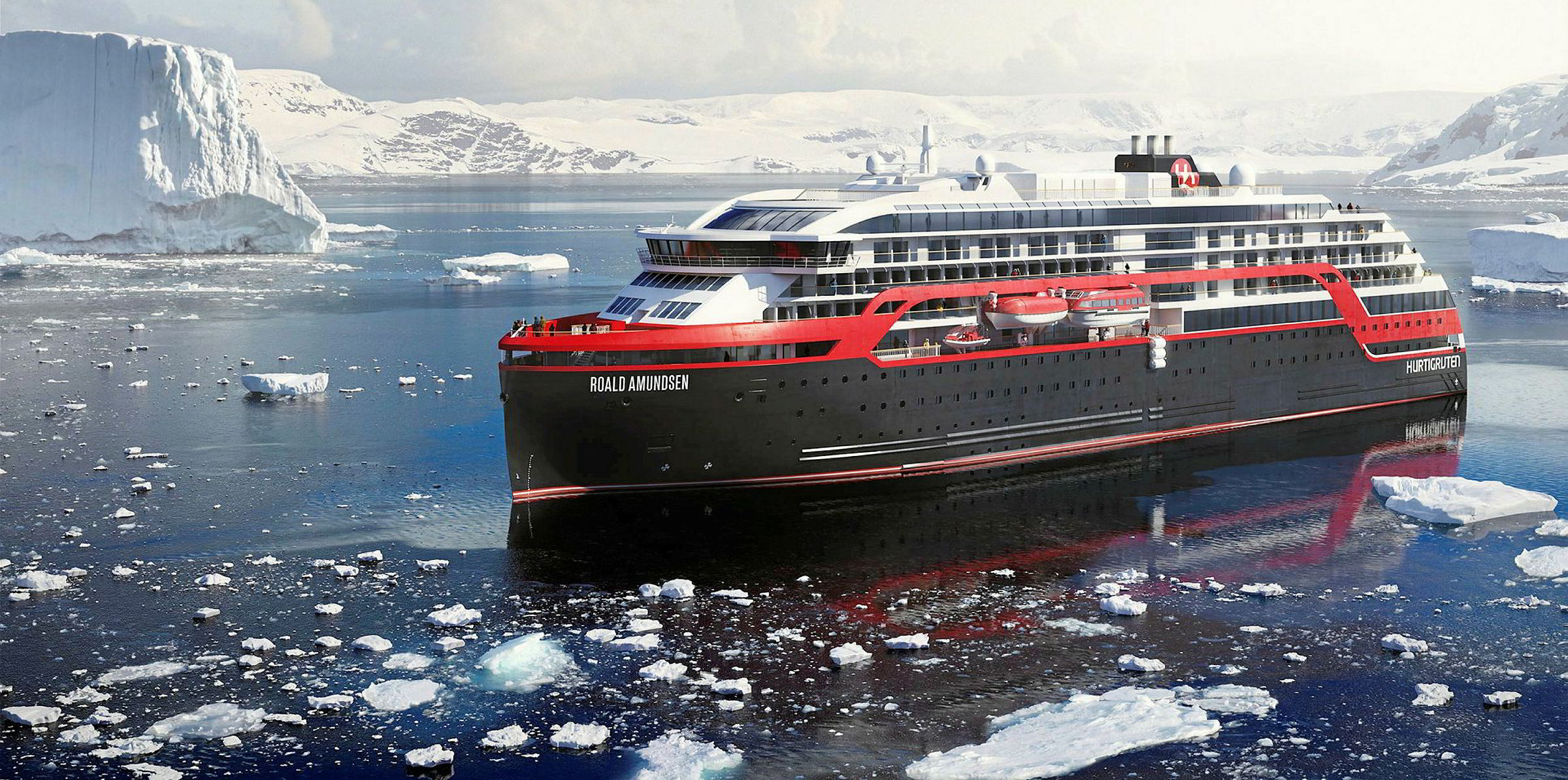The International Maritime Organization has agreed a ban on heavy fuel oil (HFO) in the Arctic from July 2024 to protect the environmentally sensitive region from emissions and oil pollution.
The move matches an earlier ban enforced in the Antarctic and will also apply to low sulphur heavy fuel oils.
The step is intended to protect the Arctic region from the growth in shipping traffic due to exploration cruises and ships using the Northern Sea Route.
The ban was agreed at last week’s Pollution, Prevention and Response (PPR) IMO meeting. The necessary amendments to the Marpol pollution convention will be made at October’s Marine Environment Protection Committee.
The IMO said the ban would apply to the use, and carriage for use as fuel, of oils having a density at 15°C higher than 900 kilograms per cubic meter or a kinematic viscosity at 50°C higher than 180 square milimetres per second.
However, the ban will be phased between 2014 and 2029. Ships which meet specified construction standards to protect fuel tanks can continue to burn HFO until 2029.
Countries that border the Arctic region may also waive the regulation for ships operating under their national flag.
Ships involved in safety operations and oil pollution prevention are also exempt.
In a separate development, the PPR meeting also agreed guidelines for the sampling of fuels to test compliance with the IMO 2020 regulation on limiting sulphur oxide emissions. The IMO said the guidelines are intended to “support the safe and consistent sampling of fuel oil being carried for use”.
Further guidelines have been agreed for the testing, survey and certification of exhaust gas cleaning system (EGCS).
The guidelines are intended to reduce pollution from EGCS by minimising the discharge of suspended particulate matter, including heavy metals and ash, and nitrates beyond specified levels.






